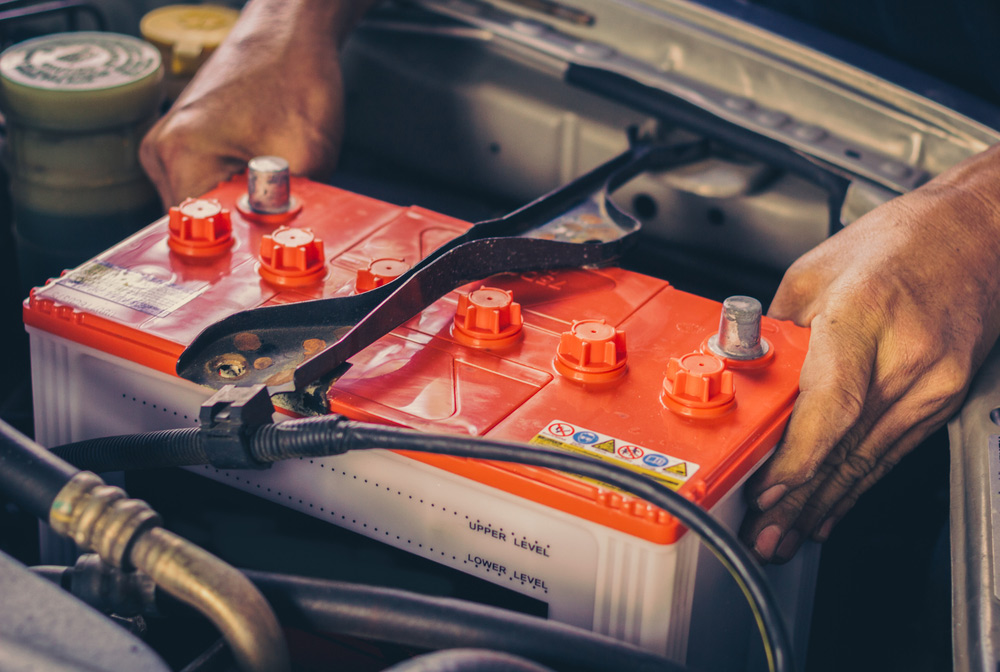
5 Signs That Indicate Your Car Battery Needs Replacement
Your car battery provides the necessary electrical energy to start your engine and keep various systems running smoothly. However, over time, it undergoes wear and tear, and its ability to hold a charge diminishes. By being aware of the signs that point to a failing battery, you can take proactive measures to replace it before it leaves you stranded on the side of the road.
Table of Contents:
- Slow Engine Crank
- Dim Headlights And Electrical Issues
- Warning Light On The Dashboard
- Frequent Need For Jump-Starts
- Age of the Battery
- Wrapping Up
1. Slow Engine Crank
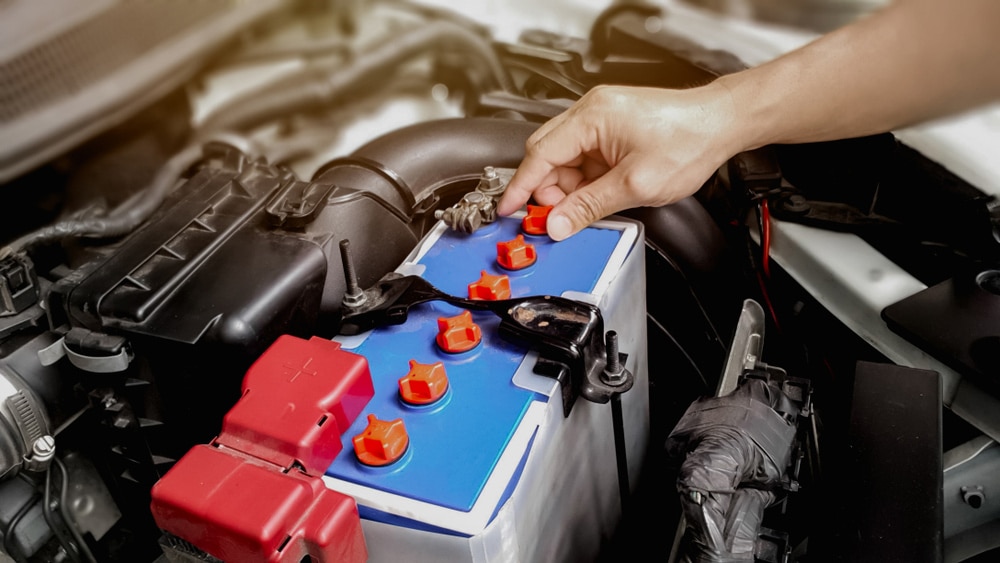
It is one of the earliest signs that your car battery is nearing the end of its life. The engine should start quickly and smoothly when you turn the key or push the ignition button. If you notice a delay or sluggishness in the cranking process, it's a sign that your battery is losing its ability to provide sufficient power.
Ignoring this symptom may leave you stranded with a car that won't start, so promptly addressing the issue is essential. Moreover, cold weather can exacerbate this problem as batteries tend to perform poorly in low temperatures.
2. Dim Headlights And Electrical Issues
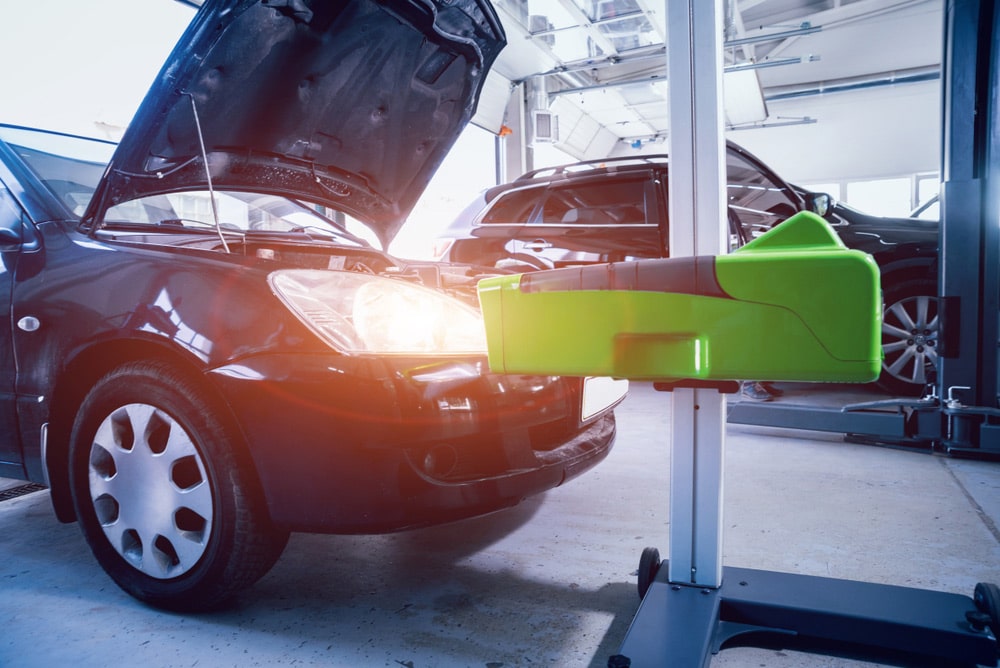
If you've noticed that your headlights seem dimmer than usual or that your electrical systems, such as the radio or power windows, are experiencing glitches, it's a clear indication that your car battery is struggling. Dim headlights often occur when the battery doesn't have enough power to supply adequate electricity to the lighting system.
Additionally, electrical issues like flickering lights or erratic performance of other systems may arise due to an inconsistent power supply from the weakening battery. Sometimes electrical issues can be caused by other factors, such as faulty wiring or alternator problems. However, the battery is often the first component to check.
3. Warning Light On The Dashboard
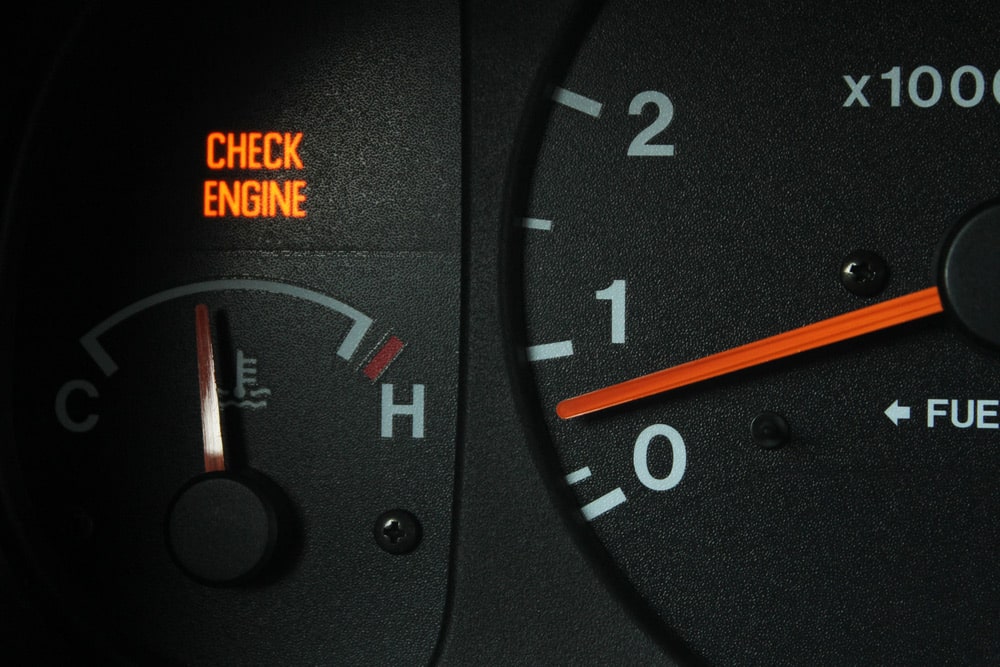
Modern vehicles are equipped with advanced systems that monitor componentry, including the battery. When your car's onboard computer detects an issue with the battery, it will illuminate a warning light on the dashboard. If you see this light, don't ignore it.
Visit a professional who can assess and determine if a car battery replacement is necessary. In some cases, the warning light may also indicate a problem with the charging system, such as a faulty alternator.
4. Frequent Need For Jump-starts
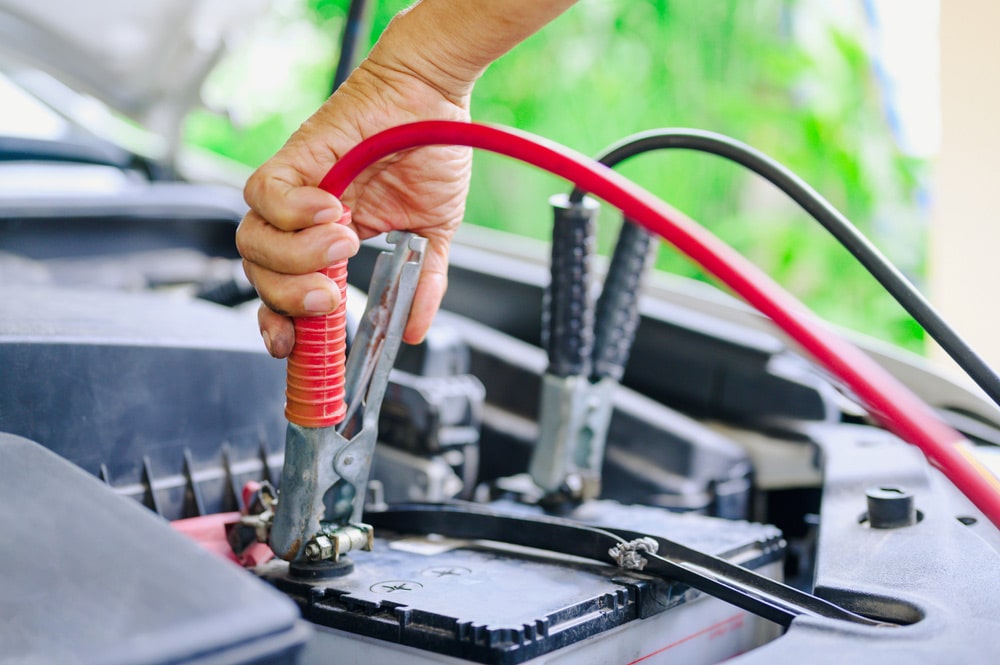
Has jump-starting your car become a regular occurrence? If so, it's a sign that your battery is no longer holding a charge effectively. While jump-starting can temporarily revive a dead battery, it's not a long-term solution. Continuously relying on jump-starting not only inconveniences you but also puts unnecessary strain on the electrical system.
Furthermore, if you've recently replaced your battery and find yourself needing jump-starts again, it might indicate a larger issue with the vehicle's electrical system or charging system. In such cases, it's advisable to have a professional inspect your car to identify the root cause of the problem.
5. Age Of The Battery
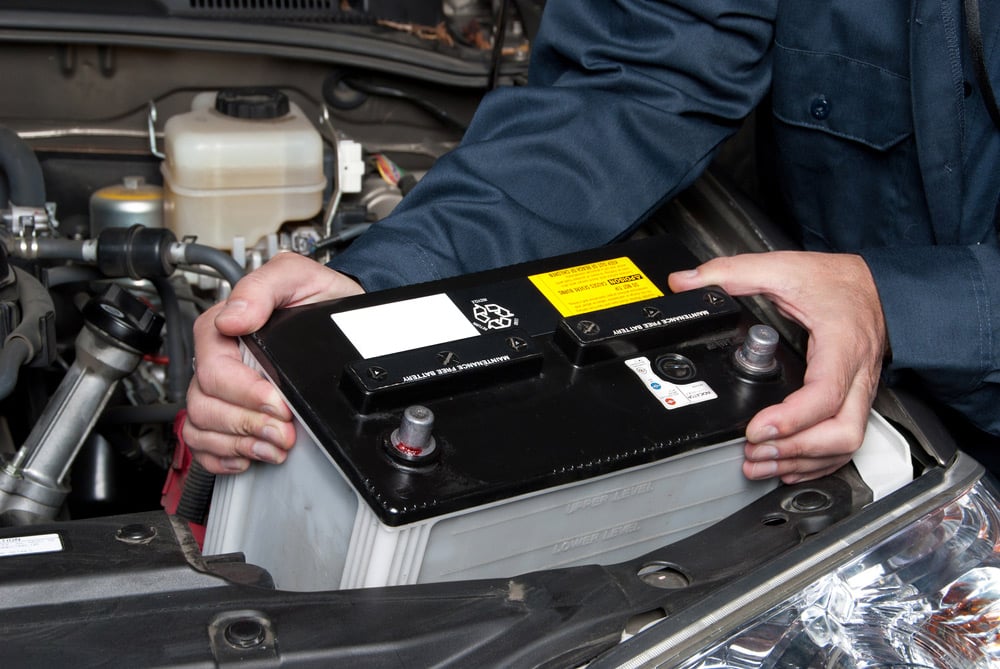
Even if you haven't noticed any specific signs of battery failure, it's crucial to consider its age. On average, car batteries last between three to five years, depending on various factors such as usage patterns, weather conditions and maintenance. If your battery is approaching or surpassing this timeframe, it's wise to consider a replacement proactively, even if it appears to be functioning adequately.
Regularly replacing your car battery before it fails can prevent unexpected breakdowns and save you from the hassle of being stranded. To determine the age of your battery, you can check the manufacturing date stamped on the battery case or ask a professional.
Wrapping Up
If you notice any of these signs, seek professional assistance to get a replacement battery for your car. At Bliss Mechanics, we are dedicated to providing prompt and cost-efficient service if you face any battery issues.